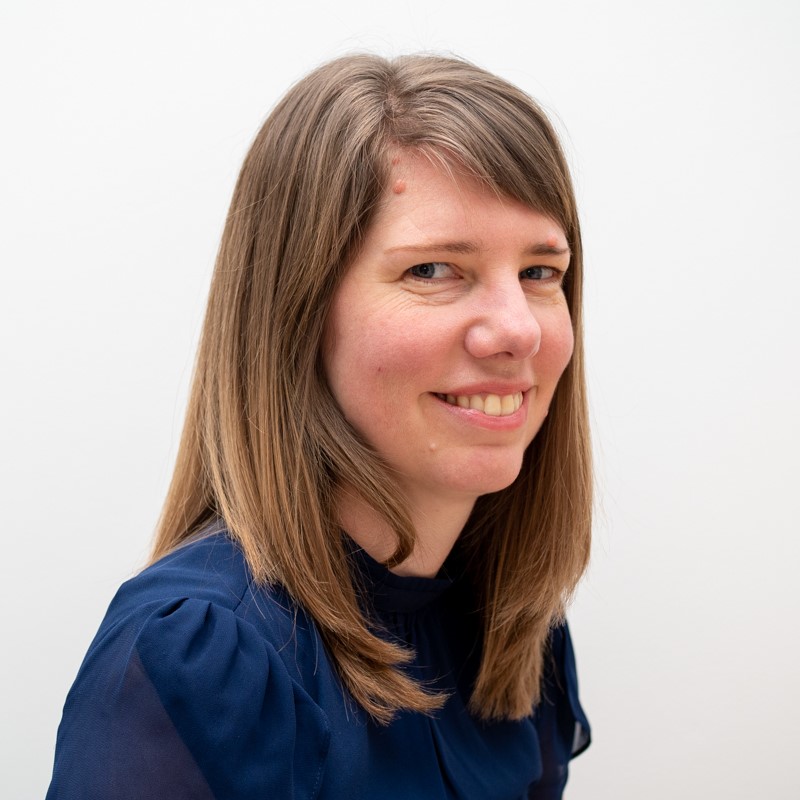Tips for aspiring data scientists
There are often tales in the press discussing the need for data scientists in business, government and the voluntary sector, and the scarcity of such people which pushes up average salaries in the sector. According to GlassDoor the average data scientist salary in the UK is £42,000 (at the time of writing), with much higher salaries in London. This is leading to people converting to data science or undertaking courses in the subject. I thought it might be helpful for me to give some tips about how I became a data scientist given my background in statistics and maths.
There seem to be two broad routes to becoming a data scientist:
-
Doing a masters or conversion course. This is the more expensive route and in the case of a Masters (which are increasingly being offered by universities) will take at least a year. Conversion courses (such as offered by Step Function can take six weeks full-time) but can be costly
-
Learning by yourself. This is the cheapest route and in most cases is free as long as you have a computer. But it can be confusing to know where to start, to keep motivated and to find a community to chat with if you get stuck. This is the bit I’ll talk about during the rest of this piece.
Learn by doing
Sounds simple doesn’t it? But where on earth to start? Monica Rogati, a data science advisor in the USA came up with this excellent summary. I won’t repeat it here but essentially it involves choosing a topic you’re passionate about, finding some data, analysing it then summarising what you’ve found and why it’s important. I think this is a brilliant idea as you’ll then learn the data science skills you need, when you need them.
Free online courses
There are a plethora of free online courses offered by Coursera, EdX, Udacity and others. Often people start by thinking about where they can learn R or Python as this is the gateway to exploring other subjects such as machine learning or web scraping. The ones I’ve done and would recommend are:
-
CodeSchool for R. This can be done in the browser at one’s own pace
-
CodeAcademy for Python. Again this can be done on the browser at one’s own pace
-
Programming for Everybody for Python. This course runs for 7 weeks with 2-4 hours of study per week
Moving on from learning R and Python
Over time I learned R and Python and tried to apply them and try other data science techniques on projects I was already doing at work. I was lucky that (1) I worked in an analytical role where I already had access to data and (2) my employer was keen for employees to upskill in data science. For example:
-
I had access to some small scale data from electricity smart meters where people had opted in to supplying this data (for example open data from data.gov.uk). I used R to analyse and visualise it, then wondered what would happen if you had a lot of smart meter data. I scaled up the data to try to find the point at which R would break (as it typically holds data in memory), then thought about how else I could deal with analysing a larger volume of data
-
I discovered that there was an Application Programming Interface (API) for collecting a small amount of data about properties for sale or rent from Zoopla and thought this might be useful for a work project. I’d never used an API before so found out how to do this online, then tried using machine learning (which I had also never done before) to predict what properties are likely to be caravan homes (using information about the property’s price, number of bedrooms etc.) I have the code for that project here.
Finding a community to learn from
I was lucky in that there were a number of people in my team who were learning data science at the same time, so we were able to share our successes and frustrations as we went along. If you’re not in that position, I think the following would be helpful:
-
Becoming a data scientist is a website set up by Renee Teate in the USA who was trying to become a data scientist. She interviews data scientists for her podcast, bookmarks useful articles and her community rate online courses they’ve done
-
Kaggle provides data and is a competition website where you can compete to build the best machine learning algorithms. There is also a helpful tutorial on using one of their datasets (about survivors on the Titanic) to learn machine learning basics using R or Python and the community seem friendly and keen to help each other
-
Meet people in person. There are meetups in larger cities, particularly London, on different aspects of data science
-
Attend a hackathon. I went to a hackathon organised by DataKind, which pairs data scientists with charities needing data science skills. Although intimidating at first as I presumed everyone would be super-clever and experienced data scientists, I actually found that people had a wide variety of skills and with my statistical and coding experience, I fitted in well.
Many people come in to data science from many different fields and avenues, but I hope that sharing at least a bit of my experience will be useful for someone else.
